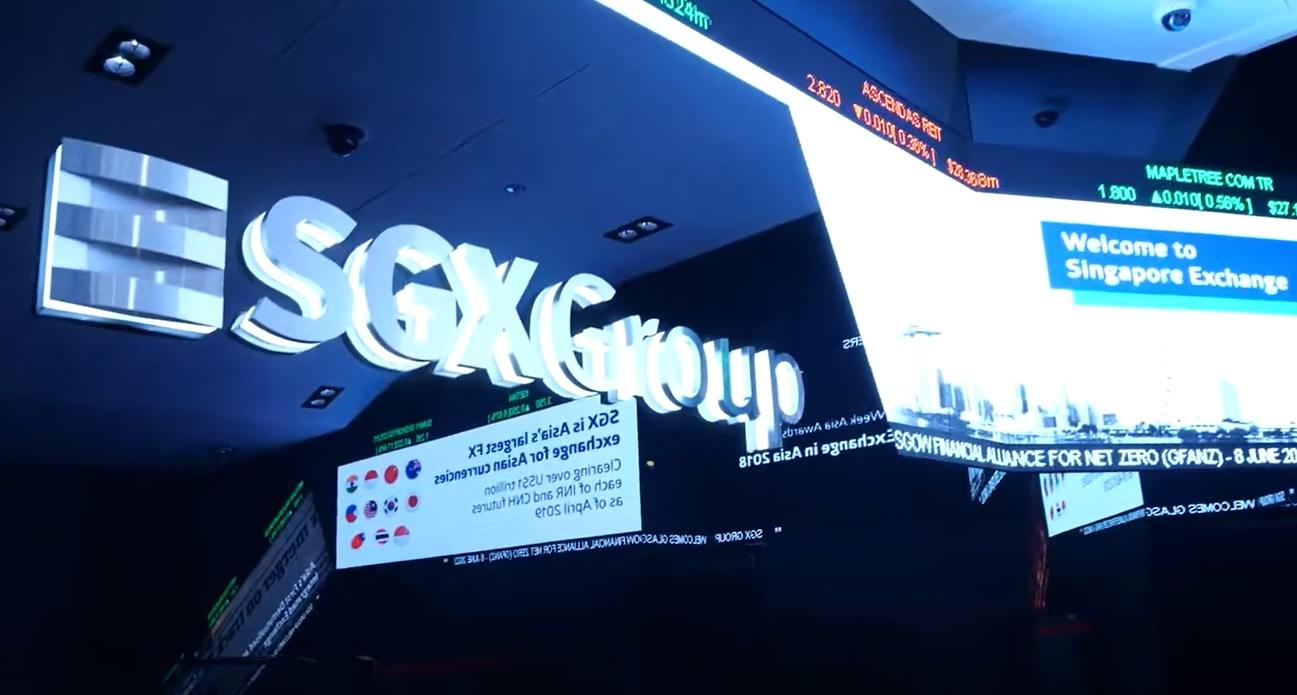FTSE Russell Launches New Climate Index
Avoid risks, capture upside of transition to low-carbon economy
FTSE Russell, one of the world’s leading global provider of investment benchmarks, analytics and data solutions, today announced the creation of the FTSE TPI Climate Transition Index. The new index is intended to be the first in a new generation of climate indexes – the FTSE TPI Climate Transition Index Series – and is aimed at providing investors with benchmarks informed by cutting edge research and analysis to align a broad equity portfolio with climate transition and the goals of the Paris Agreement.
Collaboration with Church of England, TPI
FTSE developed the new index in collaboration with the Church of England Pension Board, which will be allocating a £600 million mandate tracking the index, and with Transition Pathway Initiative (TPI), an initiative supported by a large coalition of asset managers to assess companies’ preparedness for the transition to a low-carbon economy.
A better climate investment benchmark
The emergence of ESG issues as a major investment theme is driving a proliferation of new ESG-related products, including impact funds, climate ETFs, and sustainability-focused mutual funds. While these products may fulfill investors’ demands for sustainable investment, assessing investment managers’ performance has been difficult, given the lack of appropriate benchmarks. FTSE’s new indexes will help address these concerns.
Waqas Samad, CEO, FTSE Russell and Group Director of Information Services, London Stock Exchange Group, explained:
“We are delighted to launch the FTSE TPI Climate Transition Index alongside The Church of England Pensions Board and the Transition Pathway Initiative. This unique collaboration has enabled FTSE Russell to create a new index to support investors seeking greater alignment to the goals of the Paris Agreement and gain exposure to the opportunities that companies can generate from the transition to a low carbon economy. It is the latest innovation in FTSE Russell’s diverse range of climate indexes, developed in line with evolving client needs. We remain committed to supporting our clients and understanding investors’ perspective in incorporating sustainable investment approaches into their strategies.”
Avoid climate risk, benefit from green economy
The index is designed to capture not only the performance of investments that avoid climate risk, but also those that will benefit from the transition to a low-carbon economy. It will incorporate five separate sustainable investment data inputs from the TPI core assessments and FTSE Russell’s climate framework:
- Fossil fuel reserves: Underweight companies with fossil fuel reserves
- Carbon emissions: Over/underweight companies according to their greenhouse gas emissions whilst applying sector neutrality
- Green revenues: Overweight companies generating revenues from the global green economy
- Management quality: Over/underweight companies based on the extent to which they are managing the risks and opportunities related to the low-carbon transition and how they are addressing key aspects of the Taskforce on Climate-related Financial Disclosures (TCFD)
- Carbon performance: Over/underweight companies according to the extent to which they are committed to carbon emissions pathways that are aligned with 2°C /1.5°C warming scenarios
Adam Matthews, Co-Chair of the Initiative and Director of Ethics and Engagement for the Church of England Pensions Board, said:
“Last month Governor Mark Carney challenged people to ask what their pension funds are doing to address the financial risks of climate change. Working over the past 18 months we have developed an answer that enables passive investors to play their part in supporting the Goals of the Paris Climate Agreement. The message is clear to all publicly listed companies: put in place targets and strategies aligned to Paris and be rewarded with inclusion in the Index or work against the long term of interests of beneficiaries and wider society and be excluded.
“The Church of England Pensions Board will no longer be invested in several household names in the oil industry. The Index leaves open a path for any one of these excluded companies to transition in line with the Paris Agreement and claim their place in the index at a later date.”





